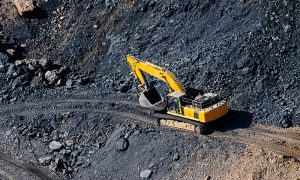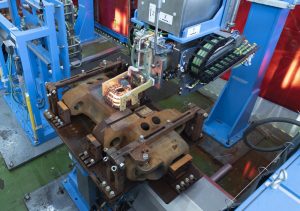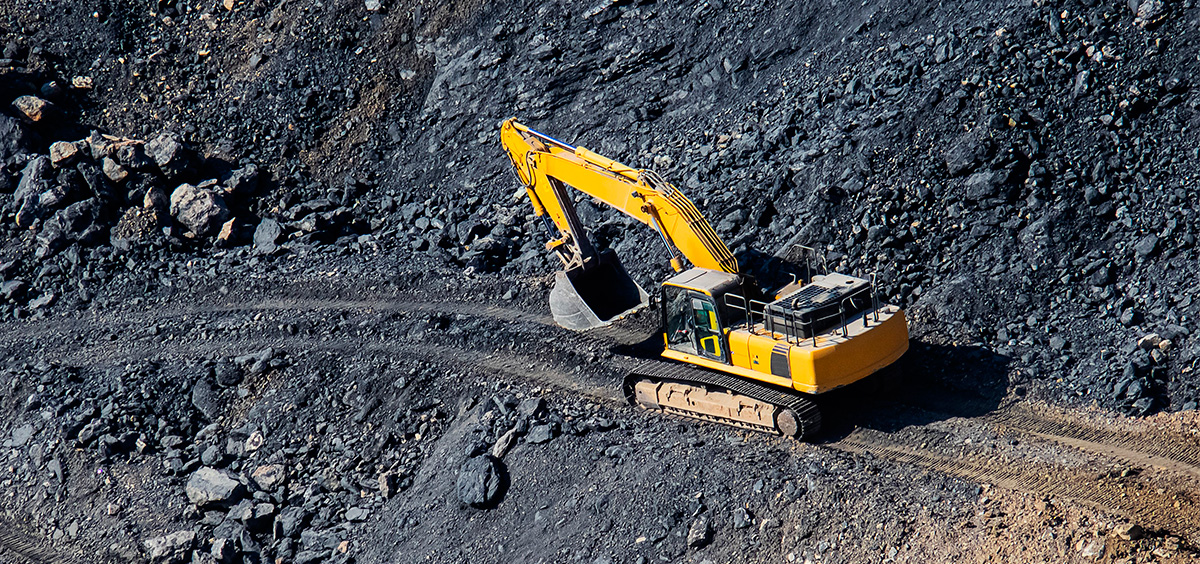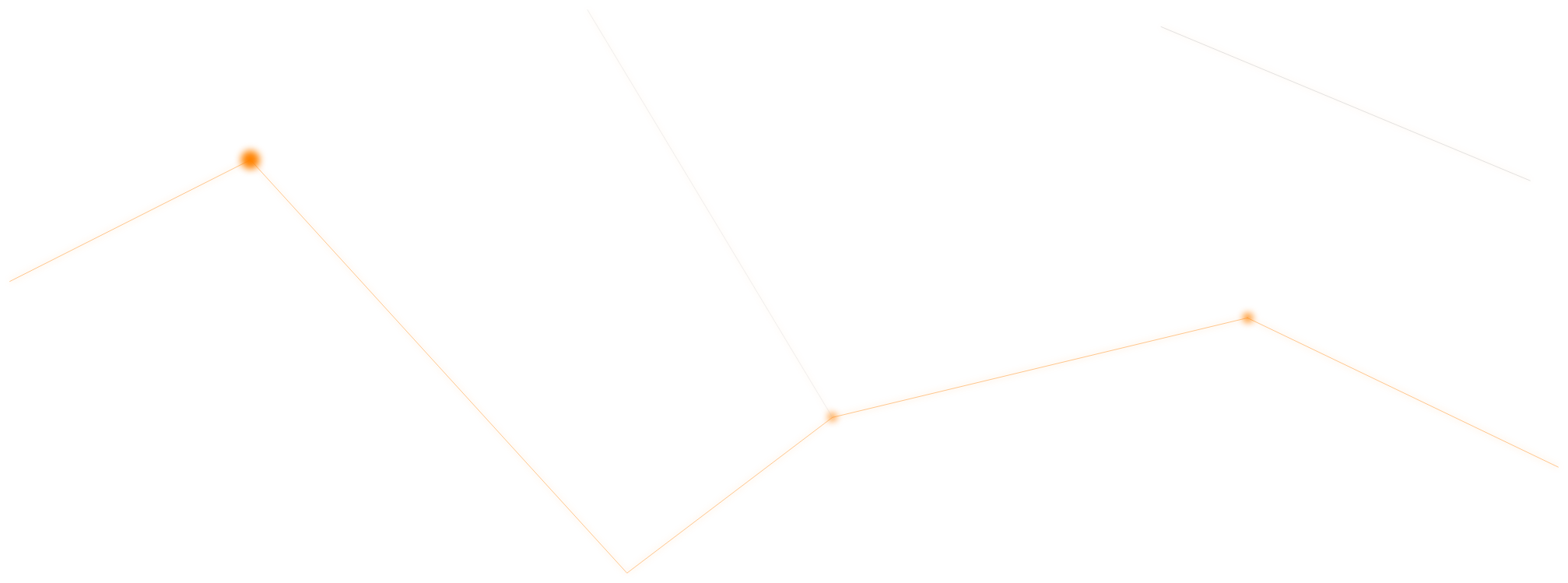An ITM Group company, a world leader in the design, manufacture and supply of components and complete undercarriage solutions.

Undercarriages in heavy machinery, such as those used in mining, must be extremely resistant to the environments in which they operate.
For this reason, the components that make them up, such as track shoes, must be heat treated in the most stressed areas to drastically reduce wear and ensure product quality.
The problem
The complete undercarriage consists of a set of very heavy track shoes weighing more than 1 tonne and three zones to be hardened, each with a different location and geometry.
The hardening process was entirely manual. Due to the weight and dimensions of the part, an overhead crane had to be used to position it on a table. The problem was that each time a new area was hardened, the operators had to reorient the track shoe with the crane to position the new area to be treated by the inductor, and they had to change the inductors manually as well.
For just one track shoe, six time-consuming operations had to be carried out, involving four people and the risks associated with handling such heavy items.
The challenge
To design an automated induction machine robust enough to handle the over one tonne parts without risk to the operators and to simplify the process.
The solution
GH optimised the process by building a robust mechanical gantry machine for induction hardening heavy parts, operated by one person, where each part is completely treated before leaving the machine.
Key elements of the solution were:

- a new design of the orientation table, which allowed all three orientation operations to be fully automated.
- The incorporation of an AIC (automatic inductor changeover) system, including coolant, quench liquid, electrical and pneumatic connections, without manual intervention.
- In addition, a second table was added to load another part during the hardening time in the first table. In this way, the process was optimised to the maximum and resources were freed up.
Customer benefits
-
- Efficient production and lower operating costs.
- Improved safety and working comfort.
- Repeatability of heat treatment and therefore quality.
- Traceability of the induction hardening process of each part.
- Reduction of human errors.
Key factors
Innovation and expertise of engineering teams.
Customer confidence in our capabilities.


